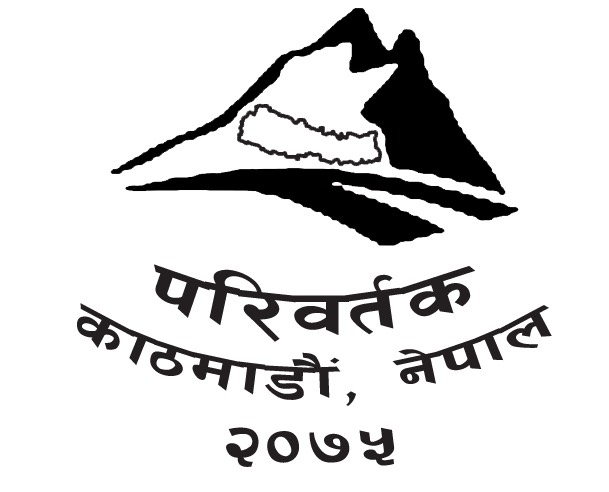Projects
Building Resilience of Indigenous Communities for a Sustainable Future
Building resilience means more than responding to crisis. It involves empowering Indigenous communities to reclaim our rights, revitalize cultures, and restore relationship with the land. IIAD contributes to enhancing the adaptive capacity of Indigenous Peoples, especially women and youth by supporting traditional livelihoods, advancing climate justice, and ensuring access to education and health services.
Our Projects and Services
The Institute for Indigenous Affairs and Development (IIAD) champions a sustainable, impact-driven approach to uplift Nepal’s Indigenous communities.
Developing Indigenous Peoples Safeguards Compliance in development projects
IIAD ensures that projects ensures full respect for indigenous peoples’ identity, dignity, human rights, livelihood systems, and cultural uniqueness as defined by the indigenous peoples themselves.
Free, Prior, and Informed Consent (FPIC) curriculum development, training and implementation
IIAD will facilitate in conducting Free, Prior, and Informed Consent (FPIC). FPIC is a fundamental principle in the context of projects that may affect Indigenous peoples, local communities, or any other marginalized groups.
Indigenous Research
IIAD fosters Indigenous research by centering Indigenous ways of knowing, being, and learning in its academic initiatives. Our platform aims to foster understanding of historical contexts, recognize the importance of Indigenous rights and self-determination, and prioritize meaningful engagement with Indigenous peoples
Community-Based Monitoring and Information Systems (CBMIS)
Community-Based Monitoring and Information Systems (CBMIS) is a process where indigenous peoples are able to generate information for the analysis, monitoring, and use of the community. It is a part of Participatory Action Research that is geared towards community organizing and, ultimately, to community empowerment and the realization of indigenous peoples’ sustainable, self-determined development (IPSSDD).
Gham Power Solar Mill Installation
Gham Power completed the installation of Nepal's first mill operated by solar power in Jimling, a Chepang village located in Chitwan. The ultimate goal is to utilise solar power for productive end use, which directly translates into a revenue stream from the very first day of operation.
Sacred 'Chiuri' saplings Plantation
The settlement of Chepang community in Nepal is located in rich in forest biodiversity including wide varieties of wild fruits and vegetables with high food security values as well as medicinal herbs. Chepangs have maintained a close relationship with nature and their land, territories, and waters maintaining the most important remaining biodiversity.
Chepang Child Education Sponsorship
The “One Chepang Child Sponsorship” initiative is dedicated to supporting the education and well-being of children from the Chepang community, an indigenous group in Nepal facing significant socio-economic challenges.
Trainings on Impacts of Climate Change in Chepang community
The training aims to deepen understanding of how climate change uniquely affects Chepang Indigenous community along with sensitising on the rights of Indigenous communities under national and international frameworks and to strengthen recognition of Indigenous knowledge as essential for effective climate adaptation and environmental stewardship.
Keep Updated
Newsletter








